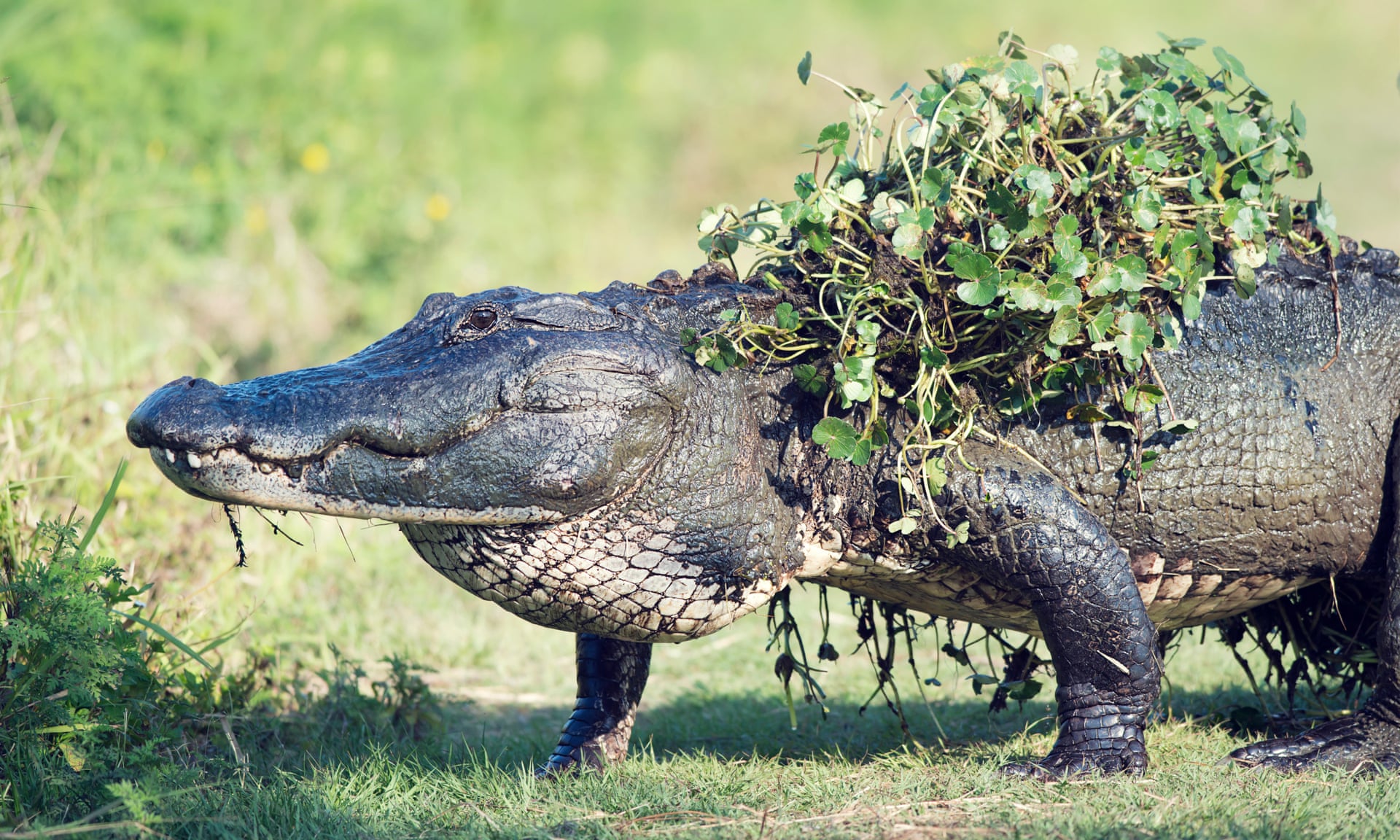 |
| American alligator |
A recent study published in the Southeastern Naturalist revealed instances of alligators preying on small sharks along the Atlantic and Gulf coasts. The study was conducted by James Nifong of Kansas State University and his colleagues, who have spent almost ten years studying alligators along the Florida and Georgia coasts generally using lamps to view the reptiles' nocturnal hunting activities. During their study, more than 500 alligators were caught and their stomachs examined to see what they had eaten. Their research found proof that the reptiles had consumed three species of sharks - each measuring 3-4 feet - and a stingray. Dr. Nifong also found historical evidence of alligators in confrontation with sharks dating as far back as the 1870s, but the findings were limited to an island off the coast of Georgia. They included one instance in which sharks attacked a group of alligators that were feeding on fish. Dr. Nifong indicated that such instances occur when sharks and rays swim up into freshwater and GPS tracking of alligators showed that the reptiles were opportunistic enough to take advantage.
It is astounding to see what a unique behavior alligators are capable of demonstrating in their natural habitat. Normally their diet consists of freshwater fish, crustaceans, birds, other reptiles, and various mammals ranging from rodents to raccoons and deer. However, this recent study has revealed their diet has also included sharks which nobody knew about before. One of the three shark species being preyed on by the alligators could be the bull shark, which is responsible for attacks on people along with the tiger and great white shark and is known to swim between both salt and fresh water. As part of this research study, it would be useful to identify which species of sharks the alligators are consuming. This could help indicate that alligators are dominant predators in the swampy ecosystems of the Southeastern U.S. While this seems like big news, Dr. Nifong indicated that the findings brought into question how important sharks and rays are to the alligators' diet. They also brought into question the fatality of some juvenile sharks in terms of population management of endangered species. This is why it is crucial to further study this unique hunting behavior to see if alligator attacks on sharks are increasing and investigate whether it is influenced by coastal development that has pushed alligators out of their freshwater habitats.
View article here
No comments:
Post a Comment